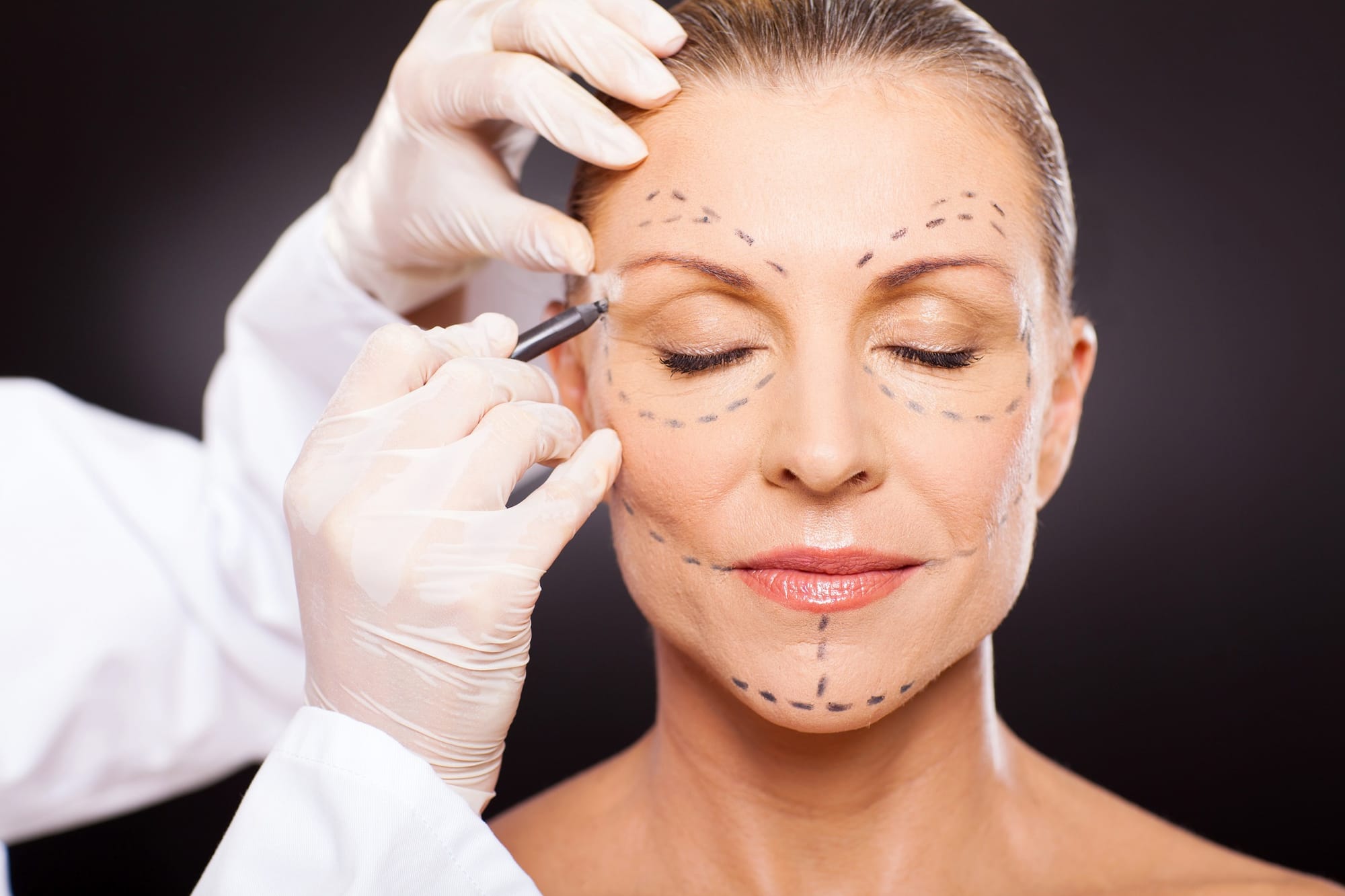
People considering cosmetic surgery – such as a breast augmentation, liposuction, or facelift – should have extra protection following the recent release of new safety and quality standards for providers, from small day-clinics through to larger medical organisations.
The new standards cover issues including how these surgeries are advertised, psychological assessments before surgery, the need for people to be informed of risks associated with the procedure, and the type of care people can expect during and afterwards. The idea is for uniform standards across Australia.
The rules governing cosmetic surgery are being tightened. Standards have been reviewed after it was revealed some doctors, without specialist qualifications, were operating in private clinics with hygiene and safety breaches. https://t.co/TWh1KQh9q4 #7NEWS pic.twitter.com/9IkXuw5BKp— 7NEWS Sydney (@7NewsSydney) December 14, 2023
The move is part of sweeping reforms of the cosmetic surgery industry and the regulation of medical practitioners, including who’s allowed to call themselves a surgeon.
It’s heartening to see these reforms, but some may say they should have come much sooner for what’s considered a highly unregulated area of medicine.
Read more: Thinking about cosmetic surgery? At last, some clarity on who can call themselves a surgeon
Why do people want cosmetic surgery?
Australians spent an estimated $473 million on cosmetic surgery procedures in 2023.
The major reason people want cosmetic surgery relates to concerns about their body image. Comments from their partners, friends or family about their appearance is another reason.
The way cosmetic surgery is portrayed on social media is also a factor. It’s often portrayed as an “easy” and “accessible” fix for concerns about someone’s appearance. So such aesthetic procedures have become far more normalised.
The use of “before” and “after” images online is also a powerful influence. Some people may think their appearance is worse than the “before” photo, and so they think cosmetic intervention is even more necessary.

Read more: What do normal labia look like? Sometimes doctors are the wrong people to ask
People don’t always get the results they expect
Most people are satisfied with their surgical outcomes and feel better about the body part that was previously concerning them.
However, people have often paid a sizeable sum of money for these surgeries, and sometimes experienced considerable pain as they recover. So a positive evaluation may be needed to justify these experiences.
People who are likely to be unhappy with their results are those with unrealistic expectations for the outcomes, including the recovery period. This can occur if people aren’t provided with sufficient information throughout the surgical process, but particularly before making their final decision to proceed.
Read more: Thinking of getting a minor cosmetic procedure like botox or fillers? Here’s what to consider first
What’s changing?
According to the new standards, services need to ensure their own advertising is not misleading, doesn’t create unreasonable expectations of benefits, doesn’t use patient testimonials, and doesn’t offer any gifts or inducements.
For some clinics, this will mean very little change, as they weren’t using these approaches anyway, but for others this may mean quite a shift in their advertising strategy.
It will likely be a major challenge for clinics to monitor all of their patient communication to ensure they adhere to the standards.
It’s also not quite clear how the advertising standards will be monitored, given the expanse of the internet.

Read more: Googling for a new dentist or therapist? Here’s how to look past the glowing testimonials
What about the mental health assessment?
The new standards say clinics must have processes to ensure the assessment of a patient’s general health, including psychological health, and that information from a patient’s referring doctor be used “where available”.
According to the guidelines from the Medical Board of Australia, which the standards are said to complement, all patients must have a referral, “preferably from their usual general practitioner, or if that is not possible, from another general practitioner or other specialist medical practitioner”.
While this is a step in the right direction, we may be relying on medical professionals who may not specialise in assessing body image concerns and related mental health conditions. They may also have had very little prior contact with the patient to make their clinical impressions.
So these doctors need further training to ensure they can perform assessments efficiently and effectively. People considering surgery may also not be forthcoming with these practitioners, and may view them as “gatekeepers” to surgery they really want to have.

Ideally, mental health assessments should be performed by health professionals who are extensively trained in the area. They also know what other areas should be explored with the patient, such as the potential impact of trauma on body image concerns.
Of course, there are not enough mental health professionals, particularly psychologists, to conduct these assessments, so there’s no easy solution.
Ultimately, this area of health would likely benefit from a standard multidisciplinary approach where all health professionals involved (such as the cosmetic surgeon, general practitioner, dermatologist, psychologist) work together with the patient to come up with a plan to best address their bodily concerns.
In this way, patients would likely not view any of the health professionals as “gatekeepers”, but rather members of their treating team.
Read more: What’s the connection between cosmetic procedures and mental health?
If you’re considering cosmetic surgery
The Australian Commission on Safety and Quality in Health Care, which developed the new standards, recommended taking these four steps if you’re considering cosmetic surgery:
- Have an independent physical and mental health assessment before you commit to cosmetic surgery
- Make an informed decision knowing the risks
- Choose your practitioner, knowing their training and qualifications
- Discuss your care after your operation, and where you can go for support.
My ultimate hope is people safely receive the care to help them best overcome their bodily concerns, whether it be medical, psychological or a combination.

This article originally appeared on The Conversation.





